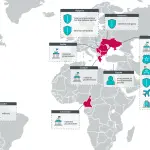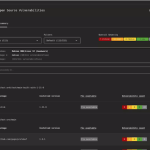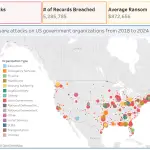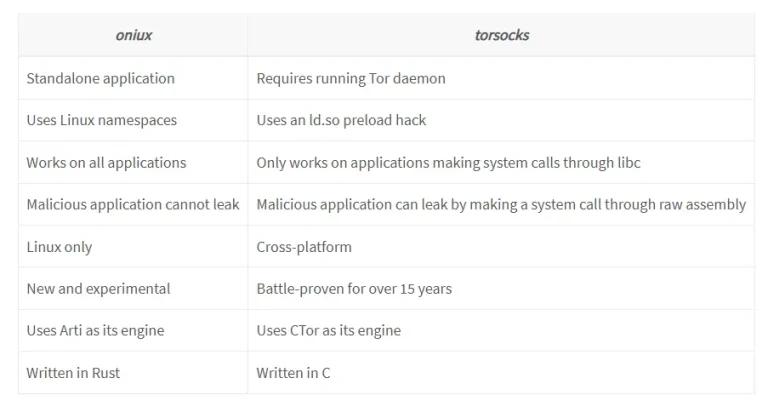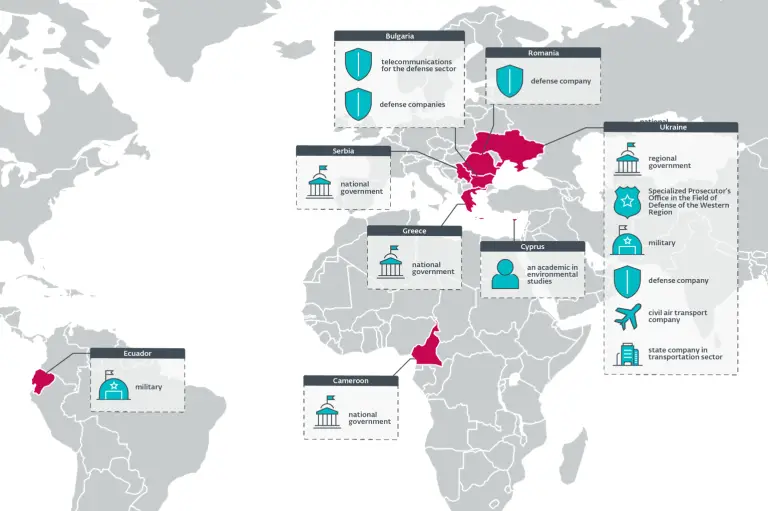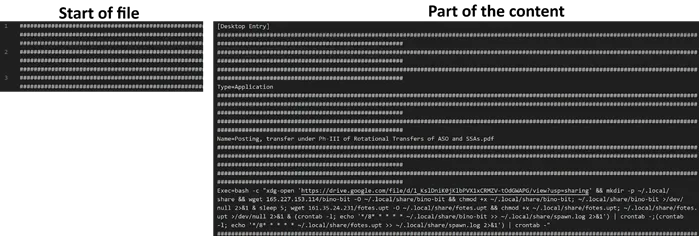The FBI has issued a warning about a new wave of attacks involving voice-based deepfakes targeting U.S....
The U.S. Cybersecurity and Infrastructure Security Agency (CISA) has expanded its Known Exploited Vulnerabilities (KEV) catalog, adding...
Cryptocurrency exchange Coinbase has faced a serious security incident involving the leak of customer data. According to...
The Tor Project team has unveiled a new utility named oniux, designed to enforce network isolation for...
Since 2023, the hacker collective APT28 has been conducting a sweeping cyber-espionage operation known as RoundPress, aimed...
Malicious actors have once again targeted the npm ecosystem, this time through a package named “os-info-checker-es6”, which...
Ahead of Computex 2025, Arm has announced a strategic renaming of its products to better align with...
The redesigned CarPlay interface, first unveiled during WWDC 2022 and long delayed since, has finally made its...
Ahead of the commencement of Computex 2025, Qualcomm unveiled its new Snapdragon 7 Gen 4 processor, positioned...
According to a report by The Wall Street Journal, Baidu’s autonomous taxi service, Apollo Go, is slated...
The Belgian Court of Appeal has upheld a ruling that the Transparency and Consent Framework (TCF), widely...
OpenAI recently announced the launch of a new webpage titled the “Safety Evaluations Hub,” designed to share...
The House of Dior has suffered a data breach involving the personal information of customers from its...
Samsung Corporation has released a security update for MagicINFO 9 Server, addressing a critical vulnerability—CVE-2025-4632—that has already...
Google Threat Intelligence has published a new set of advanced threat-hunting techniques aimed at uncovering malicious .desktop...








